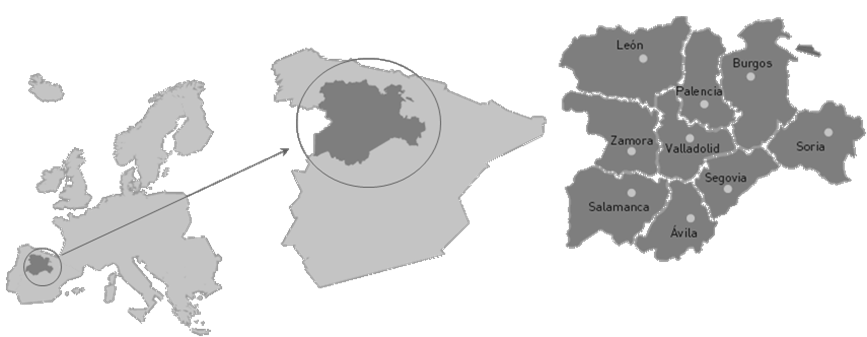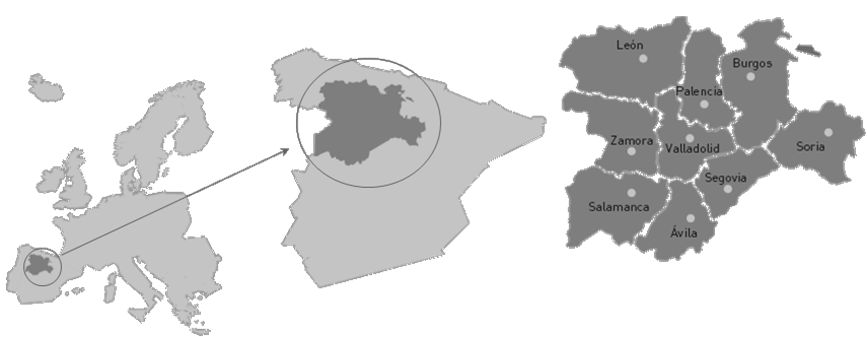Cidaut is making a detailed analysis of the automotive value chain in Castilla y León region to determine the viability of a micro-factory to assemble urban electric vehicles based on the principle of kilometer zero production. The analysis encompasses companies of different sizes from Original Equipment Manufacturers (OEMs) to Small and Medium Enterprises (SMEs) going through suppliers of different levels (TIER 1, TIER 2, …). Although the analysis is still ongoing, as a preliminary conclusion it can be highlighted the strength of the automotive value change in the region, covering a high percentage of the components production needs. This production capability is complemented by the existence of Research and Development departments in many of the providers analyzed, the presence in the region of high skilled Technological Center in the automotive sector and the contribution of several Universities with high experience in mechanics, electronics and communication.
The local production minimizes the transport of the components from the manufacturing site to the assembly plant, reducing the noxious emissions in the manufacturing phase. This effect is complemented in the use phase due to the fact that the vehicle vehicles to be produced are small urban vehicles, optimized to reduce their energy consumption and equipped with photovoltaic panels that allow to increase the daily range by 20 kms a day, as an average along the year.
The scope of this project is not only regional but European. In the frame of the Avangard Project, funded by the European Commission in the Horizon 2020 Programme, Cidaut leads the activities related to the analysis of different European regions where the installation of the micro-factories would have a larger impact in the reduction of the environmental impact, the creation of job, the enhancement of the automotive value chain and the benefits for the society. The regions under study are located in the following countries: Finland, Greece, Italy, Poland and Portugal.

